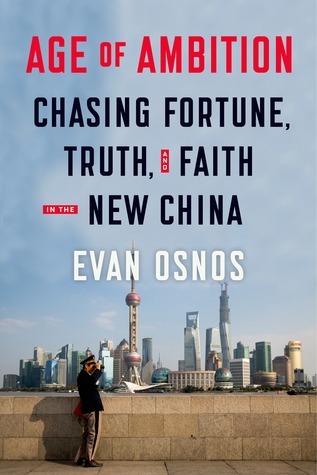In May 1942, Chairman Mao, in his talks on the future of art and literature, said, “There is, in fact, no such thing as art for art’s sake, art that stands above classes, art that is detached from or independent of politics.” For Mao, culture was a “weapon for uniting and educating the people and for crushing and destroying the enemy.” The Party would make sure that art, literature, and other expressions of taste adhered to what it later called the zhuxuanlu—“the central melody”—of Chinese society, the Party’s distilled understanding of values, priorities, and desires.
Welcome back. Just a moment while we sign you in to your Goodreads account.


